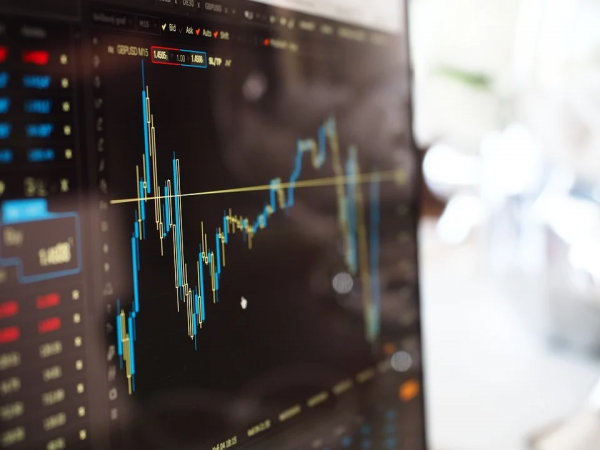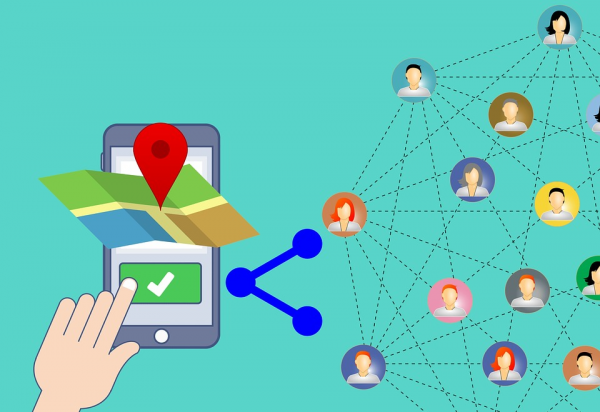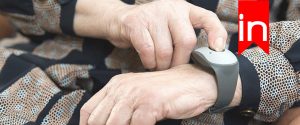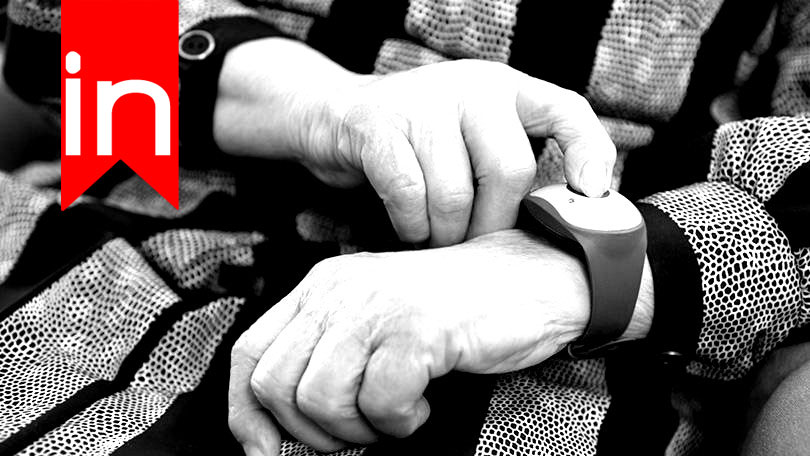
Trends in the Market
The market for medical alert devices is one of the fastest growing, with an increasing number of seniors and disabled folks moving to medical alert devices, especially wearable models, for the freedom of mobility and efficient access to emergency services they provide. The market is expected to grow by 7.9% by 2025, a higher rate than most other medical devices enjoy.Medical Alert Bracelet Variations
Medical alert bracelets, not to be confused with a medication alert bracelet, are wearable medical alert devices that can be worn as bracelets, similar to smartwatches and fitness trackers. These medical bracelets are designed to be durable, comfortable and waterproof so that help can be sought even in the shower, where falls due to slipping are very common.
But they also come in different variations – some bracelets act as id bracelets made out of stainless steel. There is no two-way communication between the medical id and 911. The main benefit to these medical id bracelets are to let first responders know about any medical condition or diseases that the wearer might have. These id tags can also save time and lives especially when the wearer is unconscious.
How Do They Work?
Most systems come with a call or panic button. In case of an emergency or critical situation, users can simply press the alarm button on their emergency bracelet to send out help signals to emergency response services of the alert device company or the common emergency services of the country (monitored or non-monitored). Generally, users are linked to trained professionals at the company’s response center, which works 24/7 to provide users with round-the-clock monitoring and support. Most professionals stay on call until help reaches the patient.
All it takes is the push of a button to potentially save lives! Wireless/cellular-based bracelets have gained popularity as they operate on cellphone networks, allowing a wider field of functionality and more security (they can be used anytime and anywhere).
Who Can Use Them?
Though these alert bracelets can be used by anyone, they’re especially useful for people who have serious medical conditions. For example, in the case of allergies, healthcare professionals can know what allergy it is thanks to the information stored on the device and administer treatments quickly and effectively; this can also prevent wrong treatment that may worsen the patient’s condition. It’s also extremely useful to young children when they’re in school or going on a school trip and so on.
They can also be used by the elderly for overall protection from age-related issues such as falls, slips, age-related conditions and so on.
Benefits
Apart from the immediate and round-the-clock access to emergency medical services, these bracelets store vital information that helps healthcare professionals. It also gives users and their families peace of mind. Even specific directions/instructions can be included in the bracelet. Some bracelets also come equipped with additional services such as medication alerts and access to even law enforcement and fire services.
What Medical Conditions Require A Medical Alert Bracelet?
- Any allergies to food, medicines or insects
- Epilepsy
- Cardiac conditions
- Respiratory ailments
- Failure of the kidneys or liver
- Diabetes

GPS Medical Alert Bracelet
Some bracelets come equipped with GPS technology, allowing users to be tracked and also identify where they are if they should get lost, confused or disoriented. GPS alert bracelets for the elderly are extremely useful; they help protect and keep track of Alzheimer’s patients, those with memory impairments, dementia, and other health conditions. If any patient with any of these conditions likes to lead a relatively active lifestyle, or if they should wander outside the house without the family being aware (this sometimes happens with dementia patients), such patients can be easily tracked and brought home or taken to the emergency services quickly and efficiently.
GPS medic alert bracelets are also great for young kids with conditions, allergies or illnesses; if they should wander off or get lost and face an issue, GPS technology can enable help to reach them quickly, potentially saving their lives.
How do you get a Medical Alert Bracelet?
It’s as simple as reviewing our best medical alert systems choosing one vendor and picking up the phone to order a system that is delivered straight to your door. Thanks to technological advancements such as the medic alert bracelet, access to emergency services has gotten quicker and more efficient, saving an increasing number of lives. The costs and restrictions that come with a full-time caretaker or help are minimized to a great extent by these bracelets; they’re affordably priced, often in the form of monthly subscriptions, and they allow wearers to enjoy their independence and freedom without compromising on their safety and well-being. These devices help both wearers and their families feel more secure and at peace.
Related Posts

Medical Alert Bracelet For Breast Cancer Patients: Essential Information for Emergencies
Read More

Medical Alert Watch With No Monthly Fee
Read More

Why Seniors Living At Home Need a Medical Alert System
Read More

Activities of Daily Living: A Comprehensive Guide to Maintaining Independence
Read More
Sponge Bath: Bed Bathing Seniors
Read More

Read More


LifeCall is an American company with a long history of providing excellent monitoring services and efficient emergency alert systems to health care facilities catering to the elderly and individuals for use both indoors and on the go all over the United States.
Call Now
1 (866) 225-1295
Read The Review

